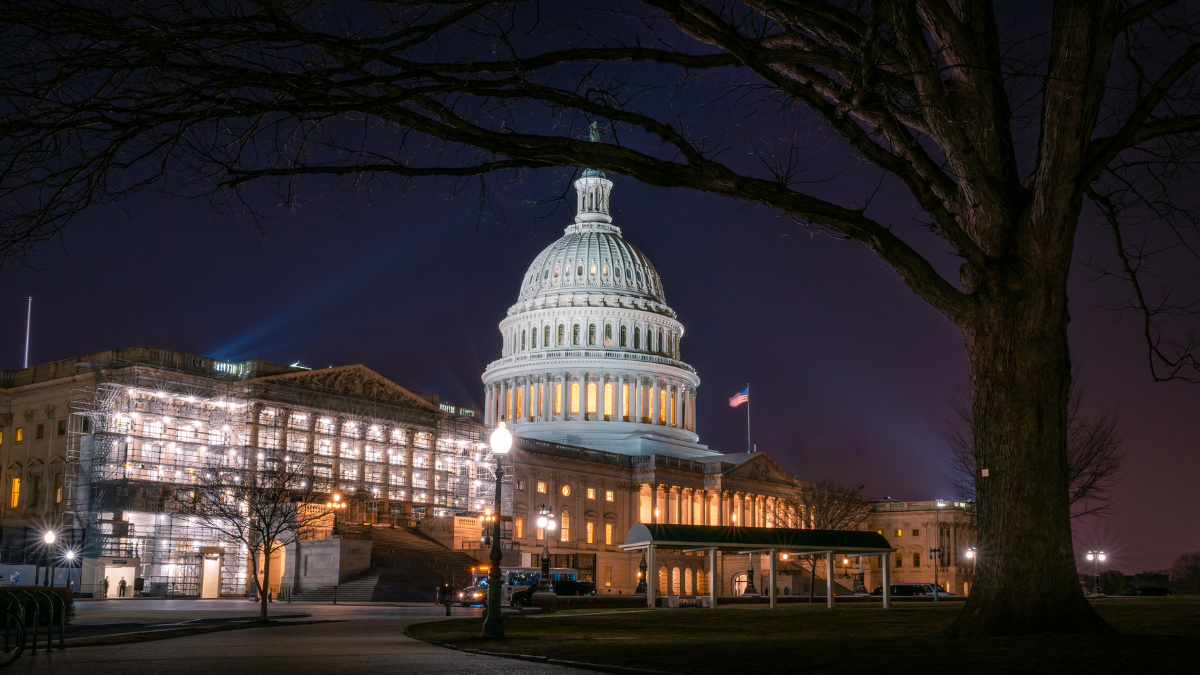Washington Post Criticism Of Christians Is All Name-Calling, No Argument
The Washington Post’s Senior Critic-at-Large Robin Givhan is on a theological tear of late. She’s taken aim at Colorado marketing and graphic design entrepreneur (and Christian) Lorie Smith, whose free speech case was recently argued to the Supreme Court, and whom Givhan accuses of not “want[ing] the nuances of individuality to chip away at the certainty of dogma.” And, separately, she’s accused religious conservatives of disinterest in “understanding the nuances and contradictions of theology” and instead “carving out a how-to guide for a certain kind of life.”
Yet, ironically, Givhan’s recent writing on Smith’s court case and a new exhibit on religion at the Smithsonian National Museum of African American History and Culture has engaged in impressively uncharitable (and un-Christian) rhetoric. And, to boot, in order to make her case she quite incoherently contradicts things she wrote just last month. In fact, it is Givhan’s own writing that evinces close-minded dogmatism and ideology.
Givhan’s Definition of Art
In a Dec. 6 WaPo op-ed, Givhan expresses displeasure that Lorie Smith’s legal team referenced a column Givhan wrote in 2017, in which she supported American fashion designers’ boycott of then-First Lady Melania Trump. Smith’s legal team compared that boycott to Smith’s refusal to craft wedding websites for same-sex couples because she has a religious objection to their unions — for Colorado to demand she do so amounts to compelled speech. “This is not what I had in mind when writing that column,” writes the irksome Givhan.
Givhan takes particular issue with Smith’s claim that her professional work constitutes art. “Is she creating art? Or simply an artful commodity,” writes Givhan. “Smith and her lawyers toss around the word ‘art’ as if it’s common. As if it’s easy. But art is what people aspire to by opening themselves up, not shutting themselves off.” She ends her op-ed with this broadside: “Smith and her lawyers seem intent on making sure that in the not-so-distant future we’ll all be decidedly worse.”
Art in the Service of Ideology
Admittedly, the above could at least be a plausible complaint by someone who won the 2006 Pulitzer Prize for criticism and is a nationally respected art critic. Yet just last month Givhan wrote two features in which she cast a dramatically wide net regarding what constitutes art in her praise of artist Mickalene Thomas and a new book entitled “AphroChic: Celebrating the Legacy of the Black Family Home.”
In her piece on Brooklyn-based artist Thomas, Givhan lauds her work for, “mov[ing] Black women into the foreground.” See for yourself: Thomas’s recent work is little more than collage, sometimes with meandering outlines of objects drawn on top. But for Givhan, “Thomas’s aesthetic — not just the pieces at l’Orangerie, but her entire body of work — is a corrective. It’s a reclamation of history and future history.” In other words, Thomas’s work is wonderful because it furthers ideological aims that are important to Givhan.
In her other recent piece, Givhan waxes eloquent about the “beautiful interiors” that are also “statements
" Conservative News Daily does not always share or support the views and opinions expressed here; they are just those of the writer."





Now loading...